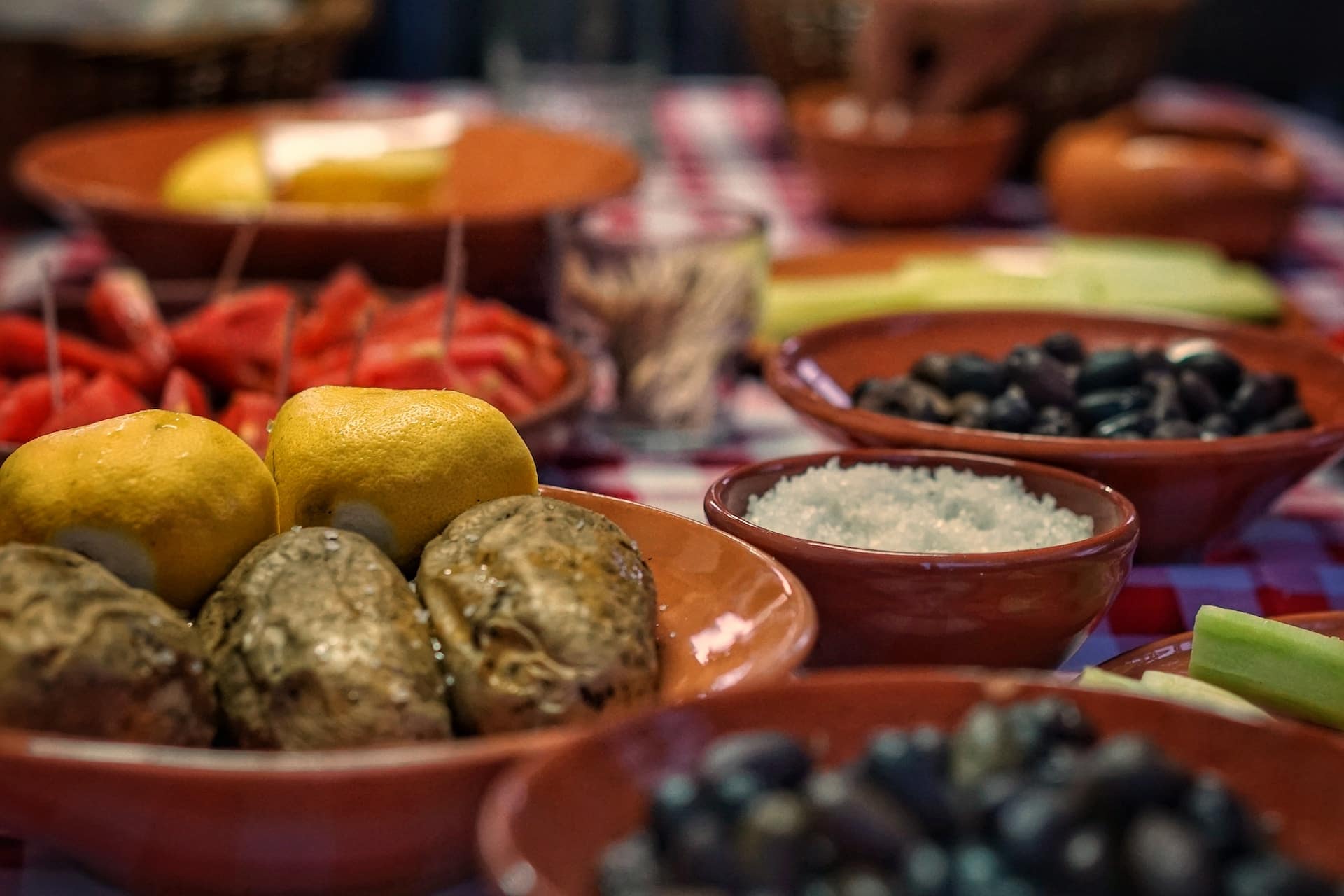Food is central to celebrating Nowruz, the Persian New Year, and kuku sabzi is one of the dishes we eat during the festivities. The herbs in the dish symbolize rebirth and health, and the eggs symbolize fertility. The symbolism is fitting because Nowruz translates to “new day” in Farsi.
Nowruz falls on the day of the vernal equinox—the moment the Sun crosses the celestial equator and equalizes night and day. It marks the beginning of spring in the Northern Hemisphere. The date can vary, but it generally falls on the 20th or 21st of March.
In Iran, Nowruz marks the first day of Farvardin, the first month of the Iranian solar calendar. But Nowruz is also celebrated in Afghanistan, the Kurdish regions of Iraq and Turkey, by the Parsis in India, and diasporic communities around the world. About 300 million people celebrate the holiday, which dates back 3,000 years and is rooted in Zoroastrianism, an ancient Persian religion.
My family and I are members of the diaspora, celebrating Nowruz every year from the U.K. For my Persian family, it’s the most important celebration of the year.
An Easier Kuku Sabzi
To prepare for Nowruz, my mum would place a large sheet on the floor of our family room and pile it with fresh herbs. My sister and I sat with her to pluck the leaves off one by one. My mum would then wash and chop the herbs by hand. The kitchen filled with their aroma. Her kuku sabzi would be carefully fried in a large frying pan over the stove.
For my version of kuku sabzi, I use a food processor to chop the herbs and I bake it in muffin tins, creating individual portions. Whilst it is less peaceful than sitting cross-legged on the floor with my mum and sister, it is much faster—it means I can make kuku sabzi for any weeknight dinner.
The mini baked kuku is healthier as it requires less oil to cook. It’s more vibrant in color as frying creates a dark crust, and it’s less labor intensive—just pop them into the oven!
Ingredients for Kuku Sabzi
There are other kuku recipes like ones made with potatoes (kuku sibzamini) or zucchini (kuku kadoo). The key difference between a kuku and other egg dishes like a frittata and an omelette, is the egg to vegetable ratio. Kuku calls for a lot more vegetables.
Herbs: Kuku sabzi is packed to the brim with herbs, traditionally parsley, cilantro, and dill, which can sometimes feel overwhelming to prepare. Wash and dry them well. Remove the tough stems from the dill and parsley, but there is no need to pick the leaves one by one. Tender stems are fine to use. They will all get blitzed in the food processor.
Scallions and spinach: Chives in the U.S. and U.K. are not as spicy as Iranian chives, so I use the green part of scallions instead. I also add baby spinach, which makes the dish even more vibrant green.
Lime zest: Although not traditional, I love lime zest in kuku sabzi—it’s zingy and adds freshness.
Chopped walnuts: To give the kuku some texture, chopped walnuts are added to the egg mixture before they are baked.
Barberries: Barberries are also added to the egg mixture—you get a tart burst of flavor when you bite into the kuku.
:max_bytes(150000):strip_icc():format(webp)/Simply-Recipes-Kuku-Sabzi-LEAD-4-dab80d49349e4ed98782c4d55bcb927c.jpg)
What are Barberries?
Barberries, known as zereshk in Farsi, are little tart red berries. They are primarily harvested in Iran, but are also cultivated in northwest Africa and various regions of Europe, U.S., and Canada. You can buy them from Middle Eastern markets or online. They are sold dried, which is what you’ll need for this recipe.
Swaps for Barberries and Walnuts
Although I recommend using the herbs, greens, and seasonings in the recipe, here are substitutions you can make:
- Use dried cranberries instead of barberries. Coarsely chop them into smaller pieces before adding.
- Instead of walnuts, crushed pistachios would be a nice touch in light of the Persian connection—Iran is one the largest producers of pistachios in the world and Persians love them both on their own or in recipes. Pine nuts would also be great.
- You can leave out both the barberries and walnuts and go for a pure herb flavor and softer texture.


You’ll Also Love
DESSERT
Cioccolata Calda (Italian Hot Chocolate)
DESSERT
Cioccolata Calda (Italian Hot Chocolate)
DINNER
The 4-Ingredient Appetizer for the Holidays.
DESSERT
Grandma’s Iron Skillet Apple Pie
DESSERT
The holiday season calls for cookies
BREAKFAST
Celebrating Nowruz with Kuku Sabzi